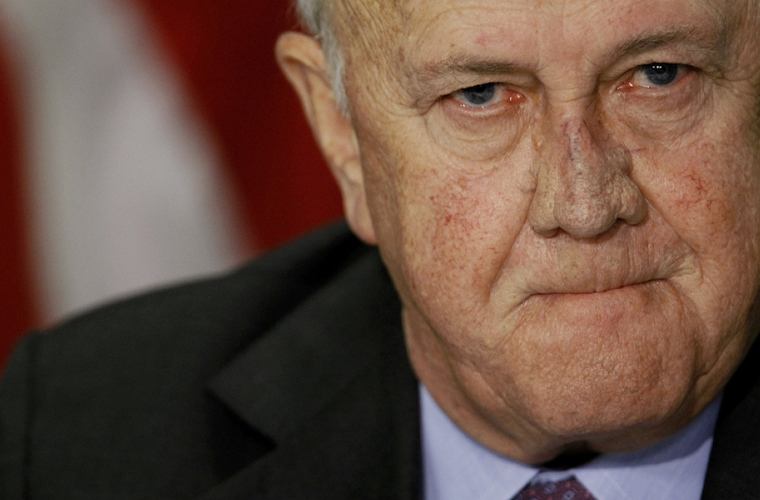F.W. de Klerk, in full Frederik Willem de Klerk, (born March 18, 1936, Johannesburg, S.Af.), a politician who as president of South Africa (1989–94) brought the apartheid system of racial segregation to an end and negotiated a transition to majority rule in his country. He and Nelson Mandela jointly received the 1993 Nobel Prize for Peace for their collaboration in efforts to establish nonracial democracy in South Africa.
De Klerk was the son of a leading politician. He received a law degree (with honors) from Potchefstroom University in 1958. Soon afterward he began to establish a successful law firm in Vereeniging, becoming active in civic and business affairs there. In 1972 he was elected to Parliament for the National Party. His legal talents and the respect in which he was held won him a number of key ministerial portfolios, including mines and energy affairs (1979–82), internal affairs (1982–85), and national education and planning (1984–89). He was elected leader of the House of Assembly in 1986.
After Pres. P.W. Botha fell ill in January 1989, de Klerk was elected leader of the National Party and successfully opposed Botha’s resumption of office after his recovery. De Klerk was formally elected president by South Africa’s tricameral Parliament on September 14. He owed his political success to the power base he had built up in the Transvaal, where he had been chairman of the provincial National Party from 1982.
As president, de Klerk committed himself to speeding up the reform process begun by his predecessor and to initiating talks about a new post-apartheid constitution with representatives of what was then the country’s four designated racial groups (white, black, Coloured, and Asian [Indian]). Though faced with a strengthened right-wing opposition in Parliament (the conservative party), following his famous opening address to Parliament on Feb. 2, 1990, de Klerk quickly moved to release all important political prisoners, including Nelson Mandela, and to lift the ban on the African National Congress (ANC) and the Pan-Africanist Congress of Azania. Thereafter, he frequently met with black leaders, and in 1991 his government passed legislation that repealed racially discriminatory laws affecting residence, education, public amenities, and health care in South Africa. In 1992 he called a referendum in which almost 69 percent of the country’s white voters endorsed his reform policies. That same year de Klerk undertook serious negotiations with Mandela and other black leaders over a proposed new constitution that would enfranchise the black majority and lead to all-race national elections. In the meantime, his government continued to systematically dismantle the legislative basis for the apartheid system.
Under de Klerk’s leadership, the governing National Party reached an agreement with the ANC in the summer of 1993 on a transition to majority rule. De Klerk led his party’s campaign in South Africa’s first all-race elections in April 1994, in which the ANC obtained a majority of seats in the new National Assembly. De Klerk subsequently joined a government of national unity formed by Mandela, taking the post of second deputy president. He resigned as deputy president in 1996 and as head of the National Party in 1997 when he announced his retirement from politics. He established the F.W. de Klerk Foundation in 2000 and the Global Leadership Foundation in 2004.
His autobiography, The Last Trek: A New Beginning, was published in 1998.

